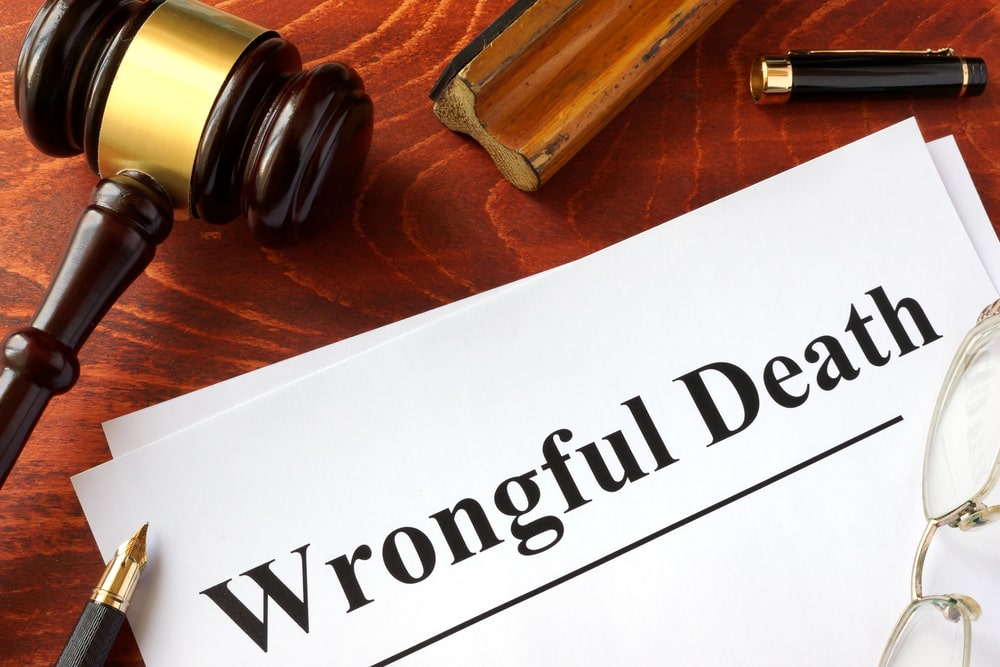Losing a loved one unexpectedly is one of life’s most painful experiences. When the loss is due to the negligence or wrongful actions of another party, it can be even more challenging to process. Families often feel a deep need for justice and accountability. However, taking legal action, especially in wrongful death cases, involves specific timelines. According to a Baton Rouge, LA wrongful death lawyer, knowing the statute of limitations for wrongful death claims is crucial, as it affects a family’s ability to pursue compensation for their loss.
What Is The Statute Of Limitations For Wrongful Death Claims?
In most legal cases, the statute of limitations is the time limit within which you must file a lawsuit. For wrongful death claims, this deadline varies by state but typically ranges from one to three years after the date of death. Missing this deadline can bar a family from seeking compensation for damages, such as medical expenses, funeral costs, and lost future income.
It’s worth noting that while the general time limit is clear in most states, certain circumstances may affect when the clock starts ticking. For instance, if the cause of death was not immediately apparent or if there was intentional concealment of facts, some states may allow an extension or “tolling” of the statute of limitations. These situations can be legally complex, so it’s essential to file as soon as possible to protect your right to seek justice.
Reasons For A Statute Of Limitations In Wrongful Death Claims
Statutes of limitations are in place to promote fairness in the legal process. Over time, evidence may become harder to obtain, witnesses’ memories may fade, and records may be lost or destroyed. By establishing a time limit, the law encourages families to act promptly, ensuring that cases can be evaluated with as much accuracy and reliability as possible.
In wrongful death claims, acting within the statute of limitations helps preserve the integrity of the legal process. This timeframe also allows families the opportunity to gain some sense of closure by resolving legal matters within a reasonable period. Knowing the time constraints can help families plan their next steps and avoid any unpleasant surprises down the line.
Exceptions To The Statute Of Limitations
Although the statute of limitations is usually firm, there are a few scenarios where exceptions may apply. In cases involving minors, for instance, the time limit might not begin until the minor reaches the age of majority. Additionally, if the wrongful death occurred under specific circumstances, such as criminal activity, some states may allow extra time for families to file a claim.
These exceptions, however, are rare and come with their own sets of rules. Waiting to see if an exception applies can be risky, and any delay might make it harder to move forward with a claim. If you believe that an exception might impact your case, acting swiftly and consulting with a legal team can help clarify your options.
Take Action To Protect Your Family’s Rights
In wrongful death cases, the statute of limitations isn’t just a technicality—it’s a critical factor that can impact your family’s access to justice and financial relief. Filing your claim within the allowed timeframe helps ensure your case is heard and that you have the opportunity to seek compensation for your loss.
If you’re facing the loss of a loved one due to another’s wrongful actions, don’t wait to take the necessary steps. Our experienced and compassionate team at Cashio Injury Attorneys, LLC is here to guide you through every part of the process, ensuring that you feel supported and informed. Contact us today for a consultation and let us help you protect your family’s future.



